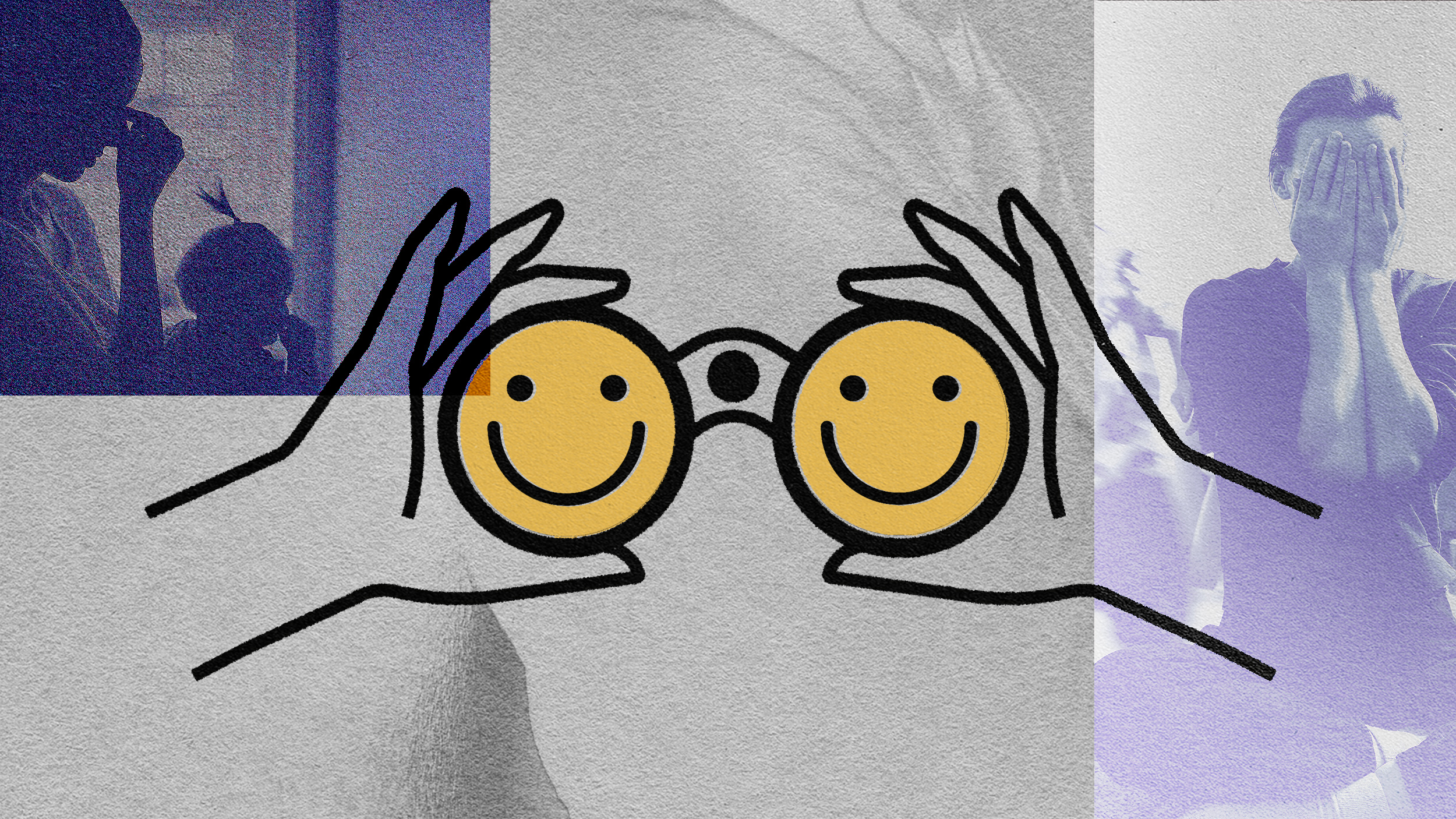Existential questions

In a previous post, I outlined the radical, and yet classical, philosophical proposal that God, by his very nature, is existing itself. He is the one who revealed his name to Moses as “I am the I am” or “I am the ‘is’-ing” (Exod. 3:14). He is a verb.
But does this God actually exist? Does this God who is Existing itself, actually exist?
The answer is a clear, resounding, yes!
To grasp the argument that supports this claim, consider this question: Did your great-great-great-great-great-great-great grandfather exist? As my students quickly respond, it is clear that he existed, and that they are absolutely certain that he existed. They are absolutely certain because they know that their being here is definitive proof for their great7-father’s existence. He did something with their great7-grandmother that was a direct cause of their existence. Thus, they are an effect of their great7-grandfather’s causality. Causes explain effects. We therefore can infer the existence of a cause from its effects.
Significantly, notice that your great7-grandfather’s causality is not the sole explanation for your existence. Every single one of your ancestors is needed to give you a complete explanation for your existence. Nonetheless, your great7-grandfather’s causality and thus his existence is a necessary component of any attempt to explain your existence today.
Returning now to our question of God’s existence. By definition, creatures are beings whose essence is distinct from their existence. To put it more simply, creatures like you and me (and atoms and unicorns and black holes) are beings that could exist or could not exist. This should be self-evident. Two hundred years ago, none of us existed. Today, we exist. Therefore, our existence is not necessary. We are contingent beings.
Explaining our existence
But if we could not exist, and in fact, did not exist two hundred years ago, they why do we exist now? How do we explain our existence today?
There are several ways to answer this question. As we did above, we could give a historical description of the causes that explain our existence. We could talk about every single one of our ancestors and their causality going all the way back to the origin of our kind. But this explanation would be incomplete. It would be incomplete because it does not explain why you and I exist at this very moment in time.
Let me explain. If I ask you why you are awake at this very moment in time, it is likely that you will say that you are awake because you are keeping yourself awake. You are preventing yourself from falling asleep. Your being awake right now, at this very moment, is something that you are doing. In philosophical terms, you are the cause of your staying awake.
Notice however that this explanation does not apply to your existing at this very moment. If I ask you why you exist right now, at this very moment, you would not be able to say that you are keeping yourself in existence. If you did, I would challenge you to stop yourself from existing. But clearly, you cannot do this!
But how would we explain your existing in the here and now?
Since it is clear that you are not keeping yourself in existence, since it is clear that you are not the cause of your existence, we have to posit the existence of another cause outside yourself who is keeping you in existence. This external cause would be a being who can give existence to another. In other words, this external cause would have to be creator and not a creature. Classically, this cause has been called the first cause because it is the cause that explains the most fundamental aspect of a being’s existence. This first cause is the being we call God.
Simply, I am proposing that you exist because you have received existence from another who gives you your existence. This other who gives you your existence—the one we call God—would have to exist in the same way that your great7-grandfather had to exist because both are necessary to explain your existence here and now. You are an effect of God’s causality in the same way that you are also an effect of your great7-grandfather’s causality.
I close with a story: When one of my undergraduates at Providence College heard the argument that I just described in this post, he exclaimed that he understood himself in a new way. He announced to his classmates that he had just realized that he was God’s imaginary friend!
My student had stumbled upon an amazing insight: Only God can make his imaginary friends really exist because he, and only he, can give them existence. This is what it means to be a creator! But this means too that creatures point back to their creator. Since their existence is received, then their existence—our existence—points back to the existence to their creator.
The God who is existing itself, exists, and he has to exist, because his existence and only his existence, explains not only our existence but also the existence of everything else that exists.
The post Existential Questions appeared first on ORBITER.





